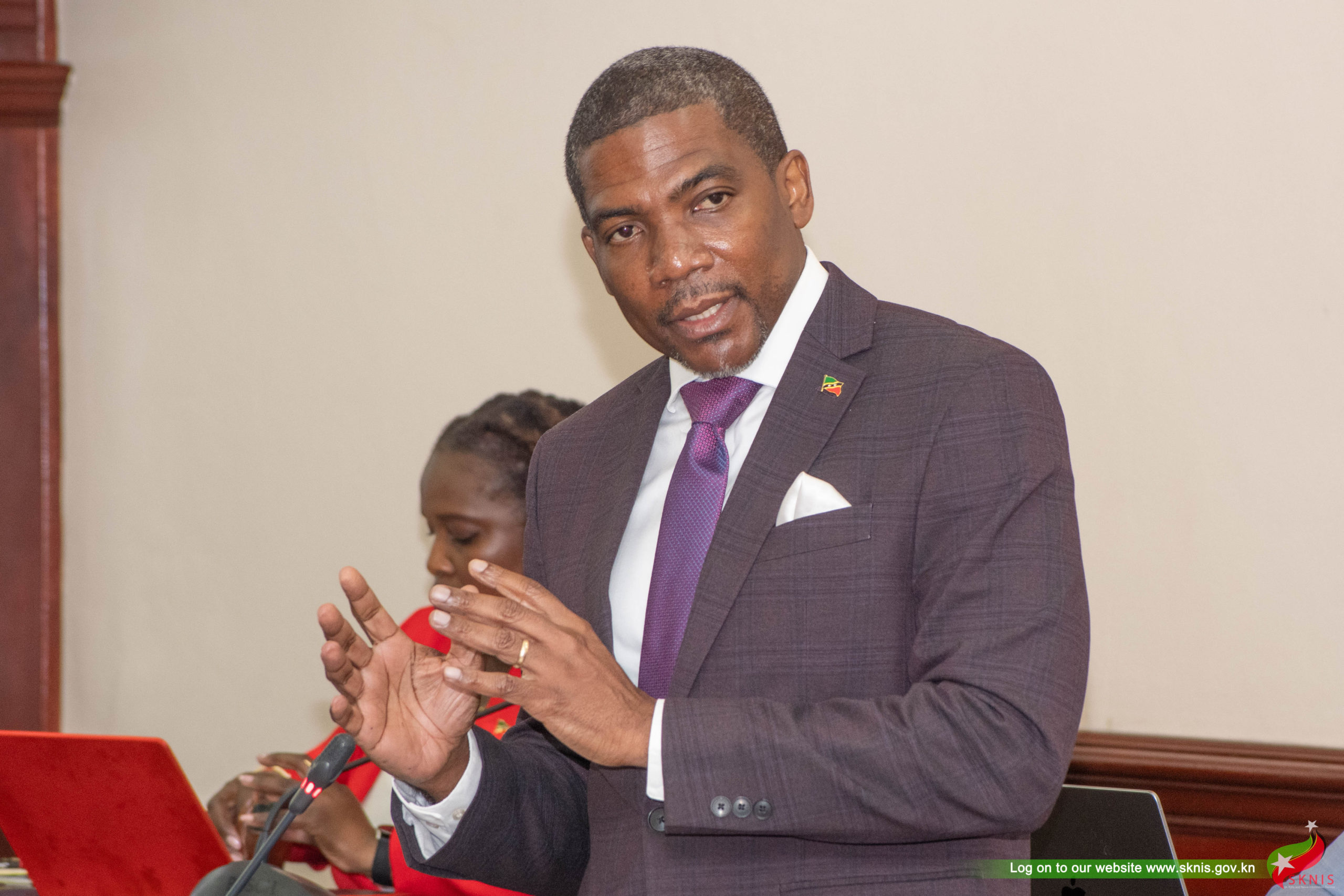Prime Minister Confirms Ministerial Per Diem Rates Unchanged Since 2008
Paragraph 1: Addressing Misinformation on Ministerial Per Diem Allowances
On July 31, 2025, during a session of the National Assembly in Basseterre, Saint Kitts, Prime Minister Hon. Dr. Terrance Drew addressed allegations of increased per diem allowances for government ministers. He categorically dismissed these claims as “misinformation” and “political mischief,” emphasizing that the per diem rates for ministers have remained unchanged since 2008. Dr. Drew underscored that despite inflation and rising costs over the past seventeen years, no adjustments have been made to these allowances. He attributed the spread of these false narratives to attempts to gain political advantage through the dissemination of misleading information.
Paragraph 2: The Importance of Accurate Information and Public Trust
Prime Minister Drew’s statement directly counters the circulating misinformation regarding ministerial per diem allowances. This misinformation, if left unaddressed, could erode public trust in the government and create unnecessary controversy. By bringing this issue to the forefront during the National Assembly session, Dr. Drew aimed to provide accurate information to the public and to dispel any doubts regarding the government’s financial practices. He emphasized the need for responsible communication and urged individuals to refrain from spreading false information for political gain. The Prime Minister’s commitment to transparency and accountability is evident in his proactive approach to addressing these allegations.
Paragraph 3: The Need for Fact-Checking and Responsible Information Sharing
In the age of rapid information dissemination, particularly through social media and online platforms, misinformation can spread quickly and have significant consequences. Prime Minister Drew’s experience highlights the importance of fact-checking and responsible information sharing. Before accepting and disseminating information, individuals and media outlets should verify the accuracy of the information from credible sources. This approach can help prevent the spread of misinformation and ensure that public discourse is based on facts rather than speculation. The incident underscores the need for media literacy and critical thinking skills to navigate the complex information landscape.
Paragraph 4: Maintaining Transparency and Public Accountability in Government
Transparency and accountability are crucial pillars of a well-functioning democracy. By addressing the per diem allegations openly in Parliament, Prime Minister Drew demonstrated his commitment to these principles. His clear and unequivocal statement provides the public with assurance that the government is not engaging in practices that would unfairly benefit ministers. This type of transparency fosters trust between the government and the citizenry, promoting greater confidence in the government’s actions and policies. Open communication and accessibility to accurate information are essential for a healthy democracy.
Paragraph 5: The Impact of Misinformation on Political Discourse
The spread of misinformation can significantly impact political discourse, creating unnecessary divisions and undermining trust in institutions. In this case, the false allegations regarding per diem increases could have fuelled negative perceptions about the government and potentially influenced public opinion. By addressing these allegations promptly and decisively, Prime Minister Drew aimed to prevent the further spread of misinformation and its potential consequences. This incident serves as a reminder of the importance of responsible and ethical communication in the political sphere. Accurate information is the foundation of informed decision-making and a healthy democracy.
Paragraph 6: The Role of the Media in Combating Misinformation
The media plays a crucial role in both the spread and the mitigation of misinformation. While some media outlets might inadvertently contribute to the spread of false narratives, others play a vital role in debunking misinformation and providing the public with accurate information. Responsible media practices, including thorough fact-checking and verifying information from credible sources, are essential in combating the spread of misinformation. Journalists and media organizations have a responsibility to uphold the highest ethical standards and ensure that their reporting is accurate, balanced, and unbiased. They also have a role in educating the public on how to identify and critically assess information.
Share this content:












Post Comment